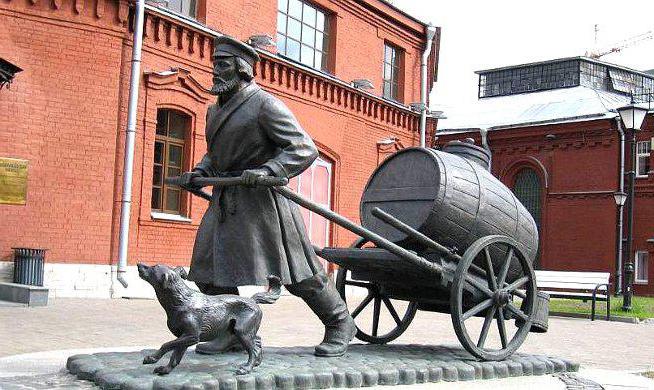Profession investigator
Everyone, sooner or later, shouldDetermine who he wants to become and what kind of work he wants to do. Anyone who has chosen the profession of a lawyer for himself can work in an enterprise and represent his interests, take up the posts of a judge, prosecutor, legal adviser, etc. Some questions about how to become an investigator?
What you need for this profession
It is necessary to have a higher education. It is desirable - legal with criminal specialization. After training, you should contact the personnel department of the body in which you want to work. It could be the Investigative Committee or the police. After carrying out verification activities for you regarding convictions, committing administrative misconduct, collecting characterizing material, conducting medical examination and internship, you can be taken to the position of investigator.
What is the job?
Profession investigator assumes a largea responsibility. Activities are primarily related to the investigation of criminal cases. The investigator in the group (it may include an expert, staff of operational services, district inspectors, cynologists, etc.) travels to the scene of the incident. He manages all activities, inspects the scene of the incident and is personally responsible for collecting evidence, packing them. Gives assignments to the members of the group. Decides to initiate proceedings. If the crime is not disclosed, it is the investigator's responsibility to draw up a plan of measures aimed at working out specific versions.
To establish the truth, one has to exerciseinterrogations, conduct confrontation (if there are contradictions in the testimony), as well as, if necessary, investigative experiments. A criminal does not always admit guilt, and witnesses often do not want to tell the truth. For this reason, the profession of an investigator presupposes knowledge of psychology, the ability to communicate and plan the upcoming conversation. Often, together with other employees, he conducts searches, seizures, seizes the property of the offender.
The main task is to fullycollect and investigate all the evidence, give them the correct assessment, present the criminal charge and send the case to the court. The main indicator in the work is the directness of criminal cases.
Profession investigator has its advantages:
- stable wages;
- social guarantees;
- do not need work experience with employment;
- investigation of interesting cases (from time to time);
- opportunity for career growth;
- prestige.
By cons are:
- the limited duration of the investigation, which is often lacking;
- dependence on superiors;
- high workload - the number of cases that are simultaneously in production can reach 20, or even more;
- duty groups (you have to leave at night);
- the work is nervous and takes up most of the free time;
- irregular working hours;
- communication with criminal elements;
- prohibition to engage in other paid activities.
The profession of the investigator is connected, however, for the greaterparts with cabinet work. Most of the time you need to spend at the computer. It is necessary to make a lot of documents, while everything must be treated scrupulously, the slightest mistake or mistake can significantly affect the whole work. It's good, if you manage to notice and correct it in time, and if they are noticed at the trial, it can lead to an acquittal and, consequently, a reprimand. We will have to answer for everything that is contained in the criminal case, including for the documents drawn up by those employees who reacted to the fulfillment of their duties "through their sleeves".
</ p>>







